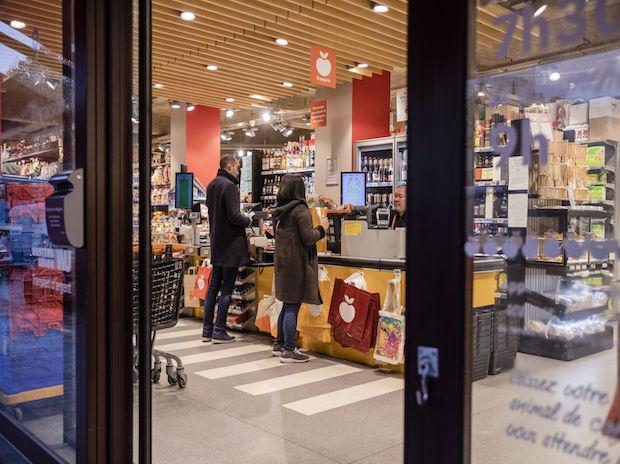Euro-area inflation surges to 13-year high with more to come

Inflation in the euro area accelerated more than expected to the highest level in 13 years, adding fuel to a debate over how long the post-crisis spike will last.
Consumer prices rose 3.4% in September, compared with an estimate for a 3.3% gain, according to figures released by Eurostat on Friday. A measure stripping out volatile components such as food and energy climbed to 1.9%, a rate not seen since 2008.
Price growth is driven mainly by effects related to the pandemic and the reopening of economies after long stretches of virus shutdowns. The European Central Bank expects a peak only later this year, before a slowdown in 2022.

Yet supply-chain bottlenecks in manufacturing are already lasting longer than many had initially anticipated, and surveys show companies increasingly trying to pass on costs to customers to protect profit margins. A deepening energy crunch is adding to the pressure.
Energy prices rose 1.3% in September and were up more than 17% on the previous year. Non-energy industrial goods were 2.3% more expensive than in August.
What Bloomberg Economics Says…
“There’s more to come. The headline rate could match its highest on record in November, fueled by the surge in energy costs and by prices for travel-related services. However, despite the headline increase, we see today’s reading as an early sign that some of the upward pressures might be starting to alleviate.”
ECB President Christine Lagarde reiterated this week that she considers the current spikes to be “largely transitory,” cautioning against overreacting and prematurely tightening monetary policy. Some of her colleagues have voiced concerns that official forecasts will prove too low, though most still expect price growth to slow eventually.
German figures on Thursday showed inflation at 4.1%, the highest in nearly three decades. While that’s driven primarily by statistical effects, the Bundesbank sees the rate remaining above the ECB’s 2% target until the middle of next year.
A key factor that could entrench such elevated rates for longer would be rising wages that in turn risk setting off further price increases. Irish Central Bank Governor Gabriel Makhlouf said on Bloomberg TV this week that this is something the ECB has to be “very aware of and ready to respond to if it happens.”
While some labor unions in Germany have recently upped their demands for higher paychecks, economists have said it’s unclear how successful the negotiations will be.
 Dear Reader,
Dear Reader,
Business Standard has always strived hard to provide up-to-date information and commentary on developments that are of interest to you and have wider political and economic implications for the country and the world. Your encouragement and constant feedback on how to improve our offering have only made our resolve and commitment to these ideals stronger. Even during these difficult times arising out of Covid-19, we continue to remain committed to keeping you informed and updated with credible news, authoritative views and incisive commentary on topical issues of relevance.
We, however, have a request.
As we battle the economic impact of the pandemic, we need your support even more, so that we can continue to offer you more quality content. Our subscription model has seen an encouraging response from many of you, who have subscribed to our online content. More subscription to our online content can only help us achieve the goals of offering you even better and more relevant content. We believe in free, fair and credible journalism. Your support through more subscriptions can help us practise the journalism to which we are committed.
Support quality journalism and subscribe to Business Standard.
Digital Editor
business-standard.com

